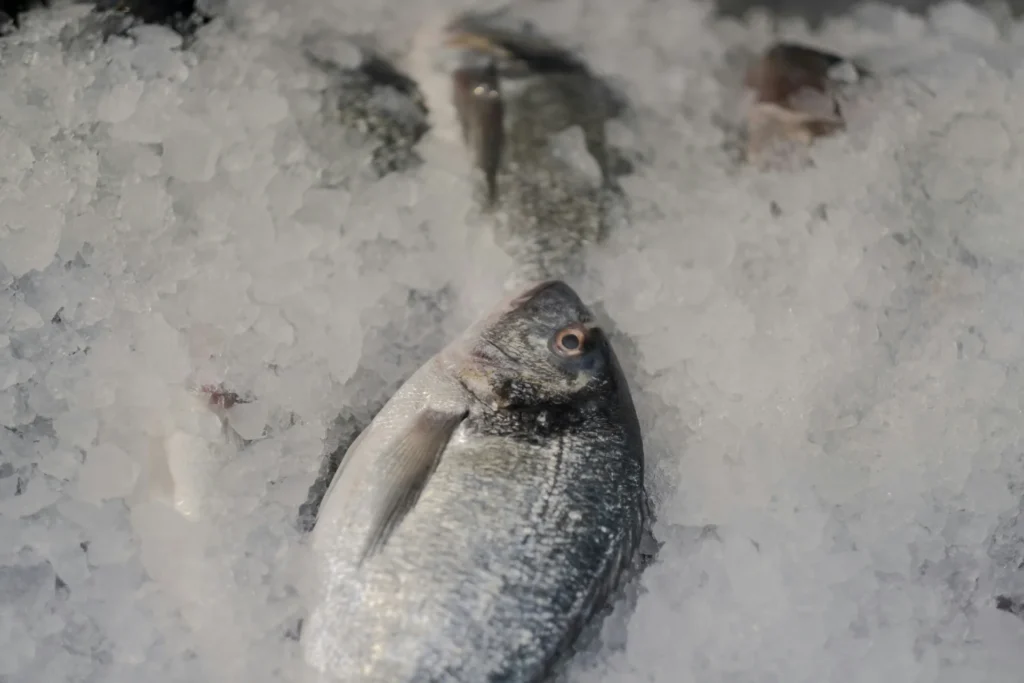Senator Lisa Murkowski has introduced new legislation to create an Alaska seafood visa exemption for international workers. This exemption would allow seafood processors to bypass the annual federal cap on H-2B visas, which limits companies nationwide to 66,000 workers annually.
Each year, Alaska’s seafood industry attracts international workers from countries like Mexico, the Philippines, and Ukraine. These workers help fill processing jobs that local Alaskans often do not take, especially during the state’s peak fishing seasons.
Companies must prove that American workers cannot fill the roles before hiring international help under the H-2B visa program. Non-agricultural sectors like landscaping, hospitality, and construction also compete for limited visas.
The Save Our Seafood Act would eliminate the specific visa cap for seafood companies, removing competition for Alaska’s processors. Murkowski stressed that the industry is fragile and depends heavily on a steady workforce.
In 2023, Alaska employers applied for 825H-2B visas, 554 of which were for seafood processors. Despite this, industry experts estimate they need closer to 4,000 seasonal workers to meet labor demands.
Over 80% of seafood processing jobs are filled by nonresidents, and the current system leaves companies unsure about meeting their workforce needs each year. Brian Gannon, vice president of LaborMex, a recruitment firm, says the visa cap has failed to reflect real labor needs.
He supports the bill and believes the seafood visa exemption would stabilize the industry. He also noted high interest among foreign workers who earn $16.50 per hour plus travel, housing, and meals.
If passed, the bill would take effect for the 2026 season. For now, seafood businesses and advocates rally for support, hoping to protect one of Alaska’s most essential industries with a simple legislative fix.









